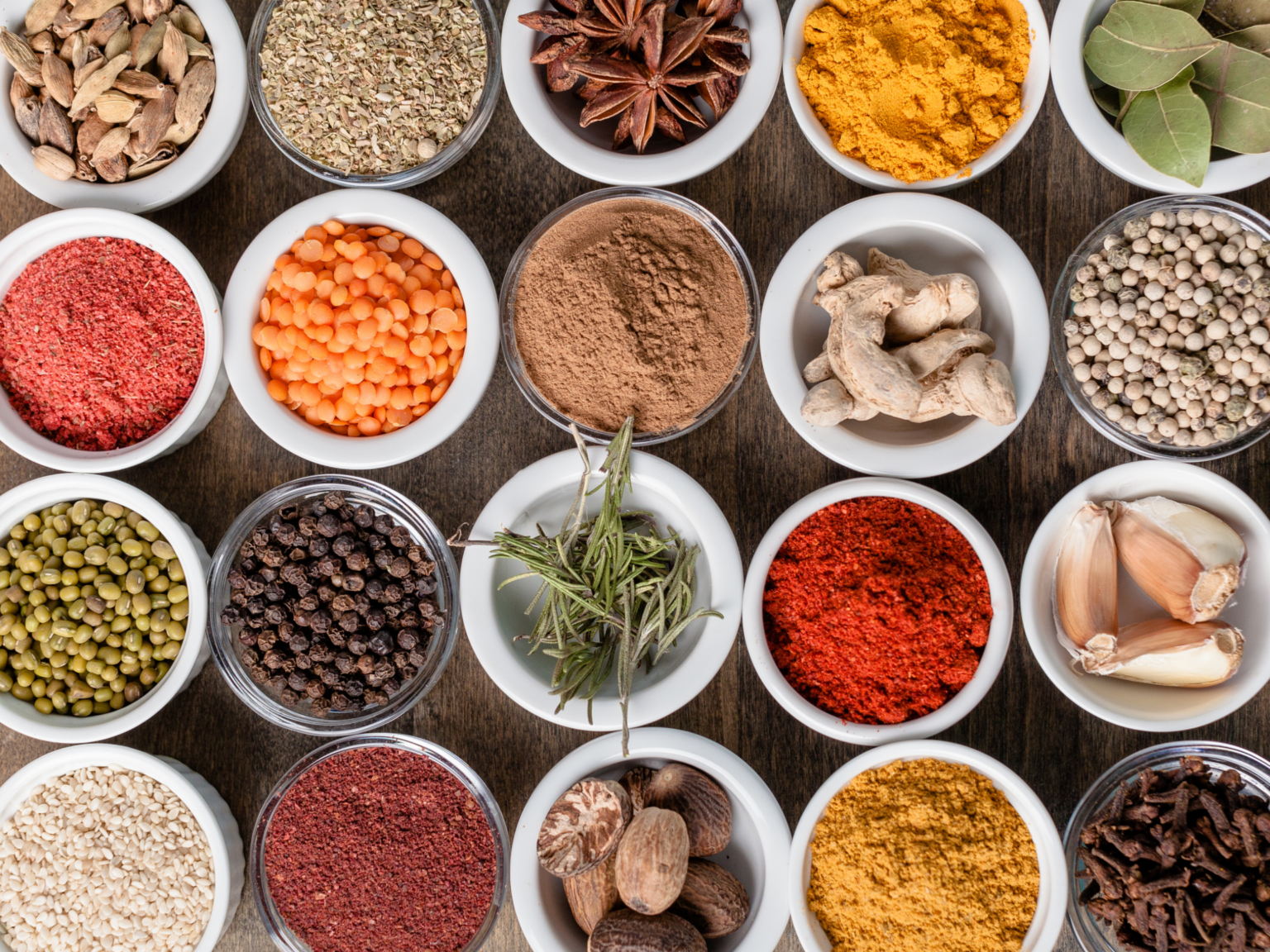Herbs 101: An introduction to the secrets of spices
I am a professional artist, an amateur nutritionist, and gardener of veggies and herbs. The last two occupations were motivated by health challenges. In addition to the issues of getting older and age-related degeneration, my wife and I have had to research nutrition information pertaining to brain injury recovery. These life changes led us to uncover the hidden properties of herbs.
We have found that the quest for healthier eating has led us into two main directions. First, eliminating foods containing toxins (food additives fall in that category) - second, concentrating on organic, nutrient-dense foods.
We found that we are more likely to eat a healthy diet if we set aside sufficient time for it. If we schedule enough time, we can grow the food and ferment it, in addition to preparing and cooking meals from scratch.
The Secrets of Spices
Adding herbs and spices to our food gives our meals an \"upgrade\" in more ways than one. We are enjoying the extra flavor enhancement and complexity that only natural spices can bring. Not only that, herbs bring health benefits galore through antioxidants, minerals, and vitamins that have unique medicinal properties. (To read more about herbs and microgreens, check out this link.)
The herbs we have found to be helpful in our own food journey are rosemary, basil, tarragon, oregano, lambs quarter (a nutrient dense edible weed), parsley, thyme, lemon balm, and mint - all of which we grow each year, some of them year round!
Keeping an herb garden has improved our health by providing us with fresh, uncontaminated food packed with nutrients.
Here are some of our herby secrets:
Capsaicin: Hot peppers are an excellent, healthy way to spice up foods. They contain capsaicin which helps regulate blood pressure and curb hunger. From mild Anaheim peppers to the powerfully spicy habanero peppers, we can reap many benefits by adding them to our diets. We grow several kinds of peppers every year.
Fruit: Eating the whole fruit is preferable to just drinking fruit juice. The whole fruit contains fiber that offsets some of the carbohydrates. Blueberries are high on the list of foods containing powerful antioxidants that help with brain cell repair and function.
Curcumin: Turmeric contains curcumin, which is a powerful substance (food) that aids in brain cell regeneration.
Choline: Foods like broccoli and cauliflower are rich in choline, a vitamin necessary for improving brain function.
Omega 3s: Walnuts and wild-caught salmon are two foods rich in Omega 3s, essential for brain repair and brain health.
Healthy saturated fats: Unrefined coconut oil is one of the best sources of healthy saturated fats, critical in the repair and maintenance of brain cells.
Luteolin: Vegetables like celery contain luteolin which helps calm brain inflammation (brain swelling, which is a primary cause of brain cell degeneration). In addition to celery, other spices and herbs add layers of flavor as well as essential nutrients that help decrease inflammation in the brain and digestive system. Some of these are turmeric, oregano, cinnamon, cloves, sage, and thyme to name a few.


